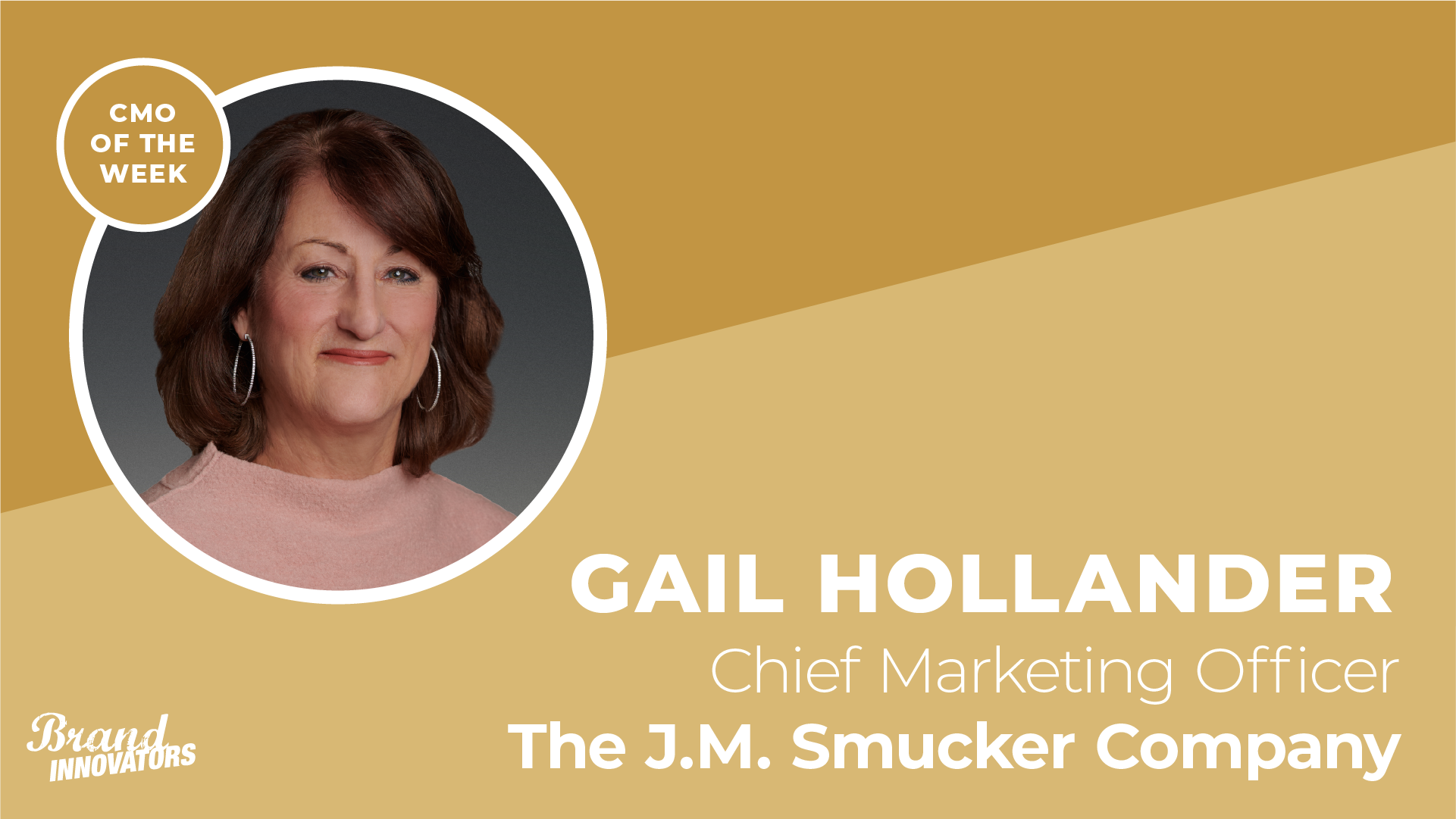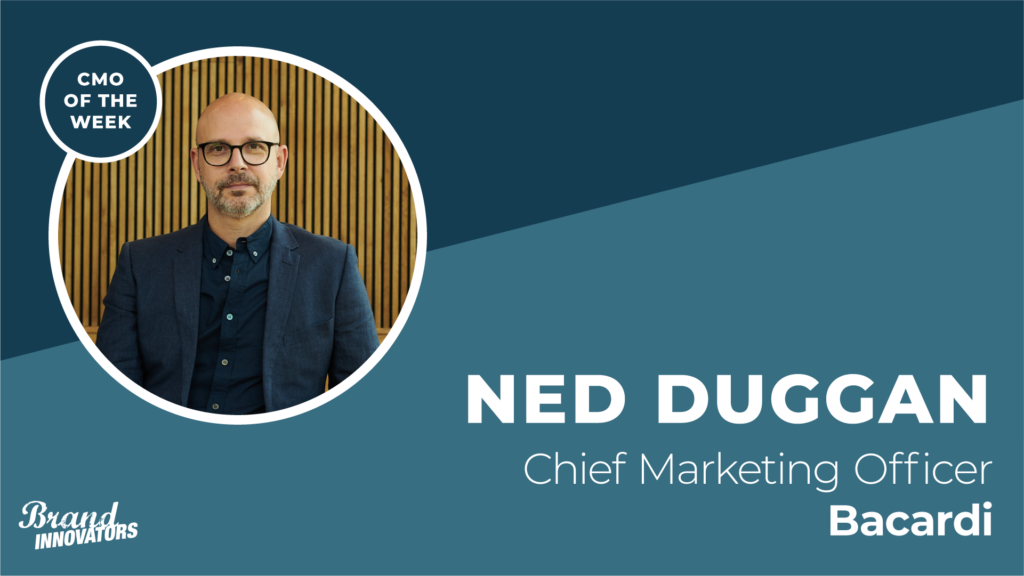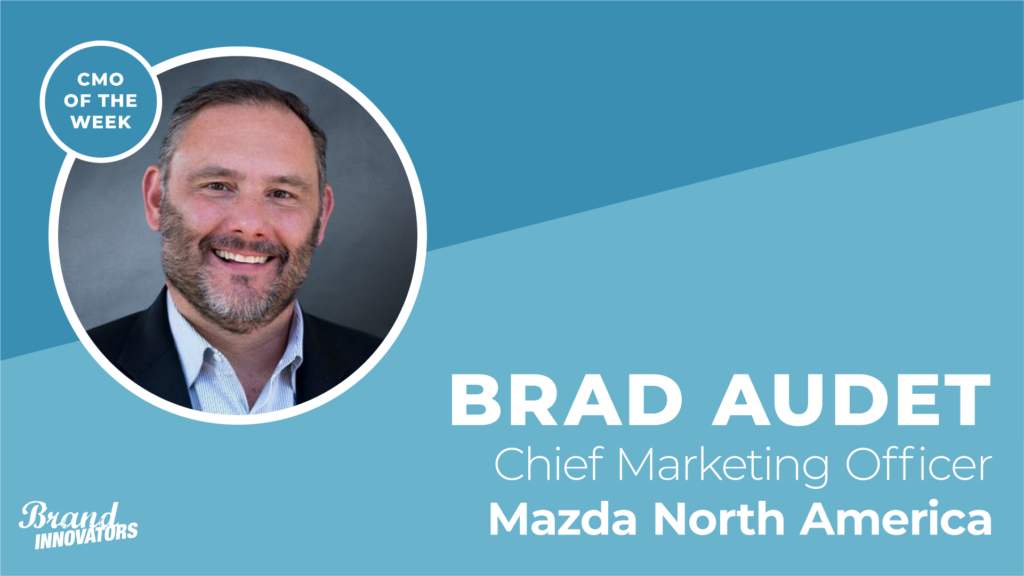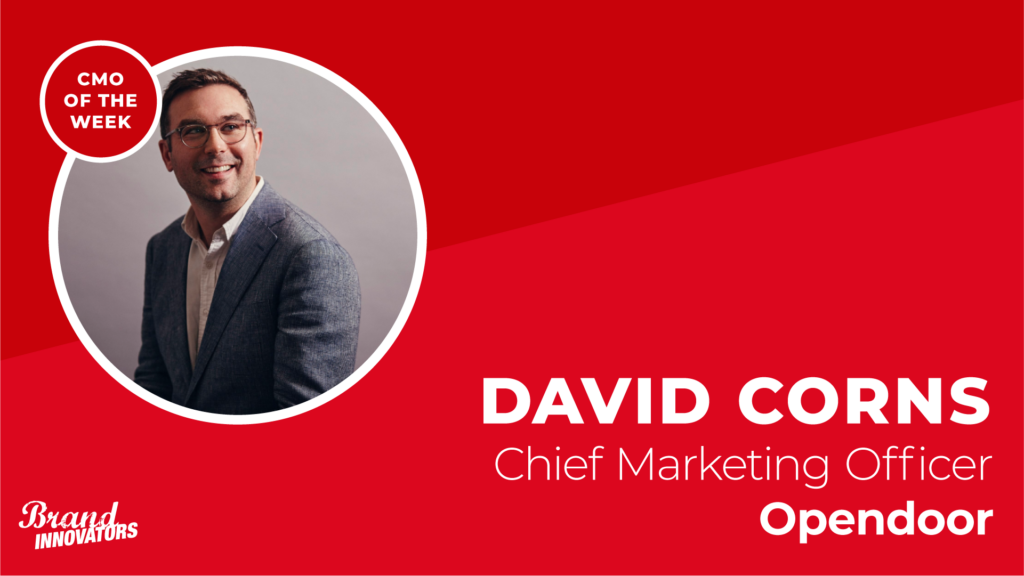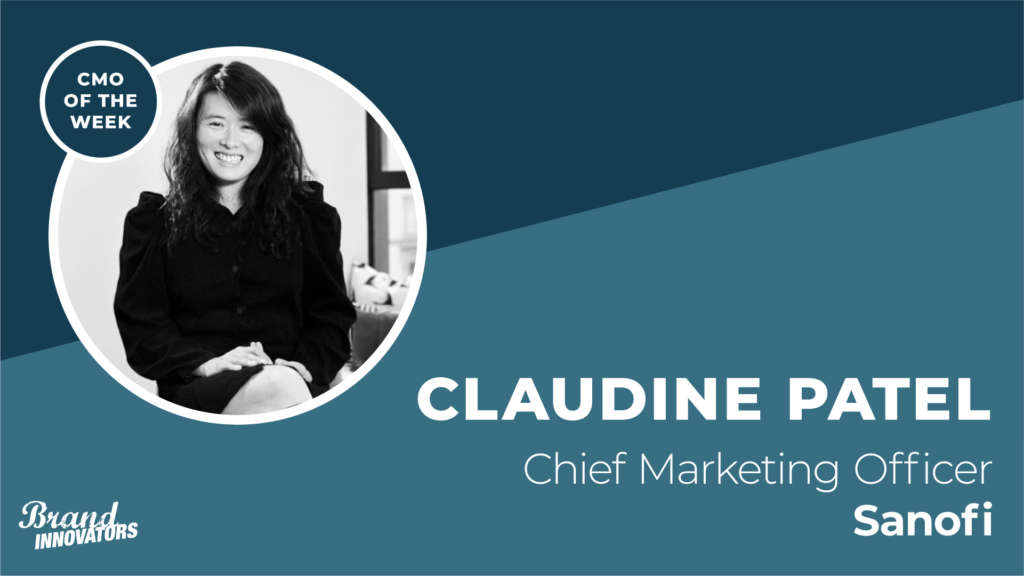Being chief marketing officer of The J.M. Smucker Company is a dream job for agency veteran Gail Hollander.
“It’s all about iconic brands and we get to fuel them with modern energy,” explains Hollander. “When you’re caring for an iconic brand, it’s a big responsibility because things change over the course of time. You have to really understand the brand and also understand culture so that you can keep it relevant to make sure that these brands get accepted by younger generations.”
The J.M. Smucker Company was founded in 1897 in Ohio. The company’s portfolio includes: Jif, Milkbone, Uncrustables, Folgers, Twinkies, Meow Mix, Cafe Bustelo and more.
“Over the course of time J.M. Smucker has become really fantastic at fueling iconic brands with modern energy and that allows us to maintain relevance,” adds Hollander.
One recent example of being a part of the culture was during the Super Bowl this year. The company identified that chicken wings were one of the most popular foods ordered during the Super Bowl, but only 14% of the side celery was actually eaten. Additionally, this day is the biggest dip day of the year. So they offered up free Jif peanut butter and positioned it as a dip for the uneaten celery.
As part of the “Save the Celery” campaign, the company partnered with food delivery service GoPuff to offer free Jif samples delivered in 30 minutes or less. “It gave us the opportunity to compete in the Super Bowl without having to pay Super Bowl prices because we don’t have these ginormous options,” says Hollander.
Prior to joining the brand, Hollander spent two decades at Publicis. She will be speaking at Brand Innovators Marketing Leadership Summit at Cannes. We caught up with her from her New York office to discuss modernizing legacy brands, the fragmented media landscape and keeping up with evolving tastes. This interview has been edited for length and clarity.
Can you give an example of a way that you’ve brought one of these brands into a more modern setting, one of your legacy brands?
We have had the good fortune of being able to retool all of our Tier 1 brands. We have retooled nine out of 10 of them. We just bought Hostess and we’re about to go do that. Jif is a great example. It used to be “Choosy Moms choose Jif.” That worked for a very long time. But times have changed, and thinking about parents as a target rather than peanut butter lovers might have been limiting. Through social listening we found that peanut butter lovers really love peanut butter. Jif has a superior taste, so there’s this irresistibility, and you put all that together, and that’s how ‘That Jif’ing Good’ was born.
Cafe Bustelo is a heritage brand big in Latin culture. We have focused on bringing it to life to be more appealing to a broader audience. Uncrustables has been around for 20 years and now we’re converting it into a modern brand. Meow Mix is a great example as well. The jingle was kind of dusty and dormant and we were able to use something that was a true asset of the brand but turn it into something that was more modern by plugging into music genres.
How is the CPG category and what are you doing to keep up?
You can’t ever underestimate the competitiveness of the CPG categories or the categories we can compete in. It’s tough out there, but it’s always been really tough out there. That’s why we feel so lucky to have a portfolio of brands that consumers love because that definitely gives us a foundation to work from. We don’t have the biggest budgets in the world next to some of our competitors so we’re always focused on making sure our creative work is attention worthy, that it punches above its weight, and is a blend of the brand’s DNA and culture. You never lose the truth of a brand, but you can always turn it so that it has the opportunity to plug into culture and therefore remain relevant.
You need the heritage and you need the modernity, and that’s really how we compete by recognizing the importance of both. Consumers have a ton on their plates. Life is hard. Forrester will tell you that the mood is gloomy. It’s our job not only to bring quality products but to bring a little levity into their lives. We need to make them smile. We can’t take ourselves so seriously that we aren’t entertaining our consumer base.
Is there any specific work that you’re most proud of?
We are so proud of the transformation that all of our brands have gone through over the last couple of years. We’ve been very disciplined with creating a JMS playbook. We are super proud that all of our brands have very strong points of view that are attractive to our consumer base, recognize our brand’s place in the marketplace and the role that they play in the portfolio. We think about a consumer truth. We think about a cultural truth and we think about a brand truth, and all of that together gets to our point of view.
What marketing challenges keep you up at night?
Everyone on the team is a creative problem solver. As long as we’re solving the right problem, we’re good. We definitely enjoy a few good challenges. The proliferation of media and the need to scale your targets requires a consistent level of investment that’s not always available. So figuring out what to do at that point in time, how you’re going to punch above your weight, how to get the most out of every single dollar in a collapsed funnel, because you don’t want to waste any of your investments. The responsibility of maintaining relevance for our iconic brands is always top of mind. You don’t want your iconic brands to get dusty.
If I look back historically, J.M. Smucker had grown through acquisition for a very long time. Marketing really wasn’t looked at as an engine of growth and that allowed our iconic brands to get kind of dusty. You always have to be focused. You always have to be thinking about them in a modern context because otherwise they just become irrelevant.
Working in a public company, we have to deliver the day. We have to deliver the week. We have to deliver the month, the quarter, the year. We have a responsibility to our shareholders but that’s about short-term business growth. But when you’re in marketing, you’re talking about long-term brand health. Marketing is a long-term play. So there’s a delicate balance which needs to be developed here to make sure that all of the work that we’re doing and all of the money we’re spending is delivering in the short-term but also setting you up for brand growth and brand health over time.
How does your background help shape your perspective in your current role?
I grew up in the agency business. I’ve learned over time that you can solve any problem. But if you’re solving the wrong problem, it’s not going to move something in the marketplace. I am so proud to have played a key role in establishing the bespoke model that we use both at the agency and at Smucker. We use that bespoke model to modernize all of our Tier 1 brands and contribute to the business success and the brand health over time. I really understand the power of long-term brand building.
In the agency business, you have to break down silos and you have to offer holistic solutions. I’m a passionate supporter of integrated thinking and that’s helped me be able to create connective tissue between sales and the marketing communications team between finance and the marketing communications team.
